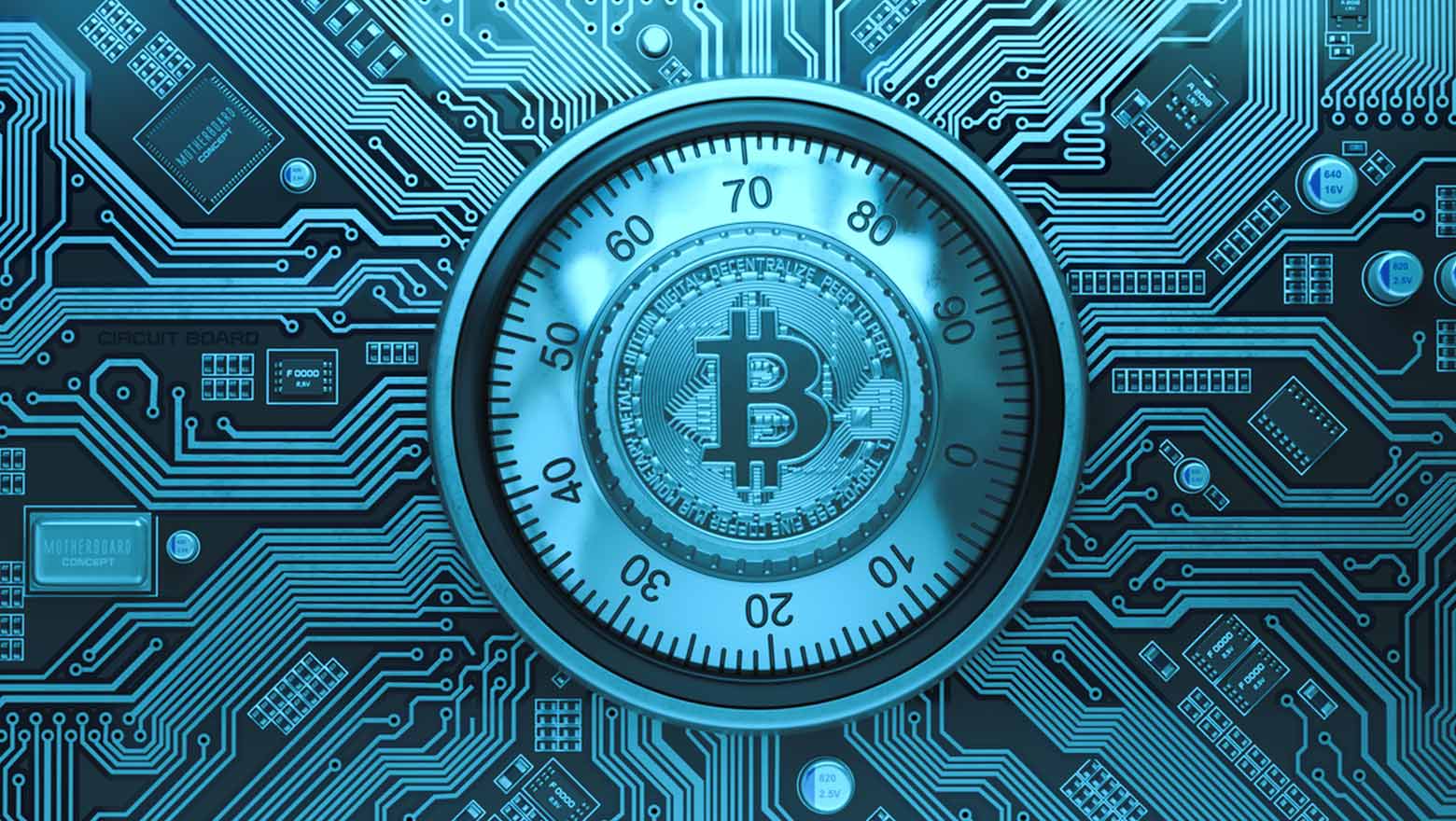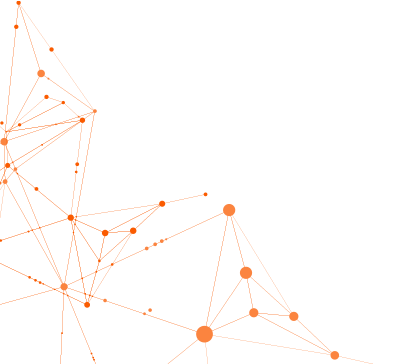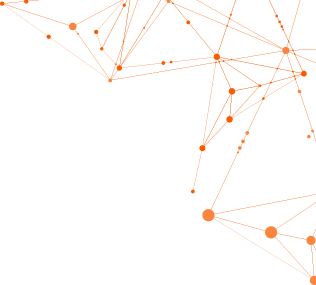Why the world needs Bitcoin
It’s clear that the human race needs monetary property, and ordered property rights. And if you’re going to have property you would like protected property. An example of defective property would be I sell you swamp land in Florida. That’s not as good as selling you. A block of Manhattan built on granite. I think people intuitively understand a building of the last 100 years is better than a building or a shack that’s made of palm fronds. One property is better than the other. swamp land is not as good as granite land. I think Bitcoin is digital property. And so it’s been engineered to be durable, durable property with integrity over time. And I think the that makes it a macroeconomic solution to the problem of monetary inflation or savings over the long term. And I would say on that basis that replaces the mythical gold storage vault as a long term store of value. But I think that the The other thing that’s critical to understand about Bitcoin is the digital part of the property. It’s not just engineered property that’s better than other types of property. But is digital, which means that you could take a billion dollars of property from a building, or billion dollars of land, or a billion dollars of gold, or a billion dollars of a company or a billion dollars of commodities, livestock, timber, coal, you know, bushels of corn, what will whatever have you, you can take that billion dollars with the property, you can D materialize it to a set of private keys that have no mass, no weight. And that means you can move it at the speed of light. And the second thing you could do is program it. So if I can D materialize a billion dollars, then I can program it. And if I can program it and move it at the speed of light, and I can, I can compress it, so it takes no space, I can put it on a mobile device. And this is pretty much the most powerful idea of the 21st century, which is every great company, Facebook, apple, Amazon, Google, they’ve all they’ve all become trillion dollar assets. Because they digitize or digitally transform some part of our economy via digital relationships, or digital photos, or digital books or digital maps.







